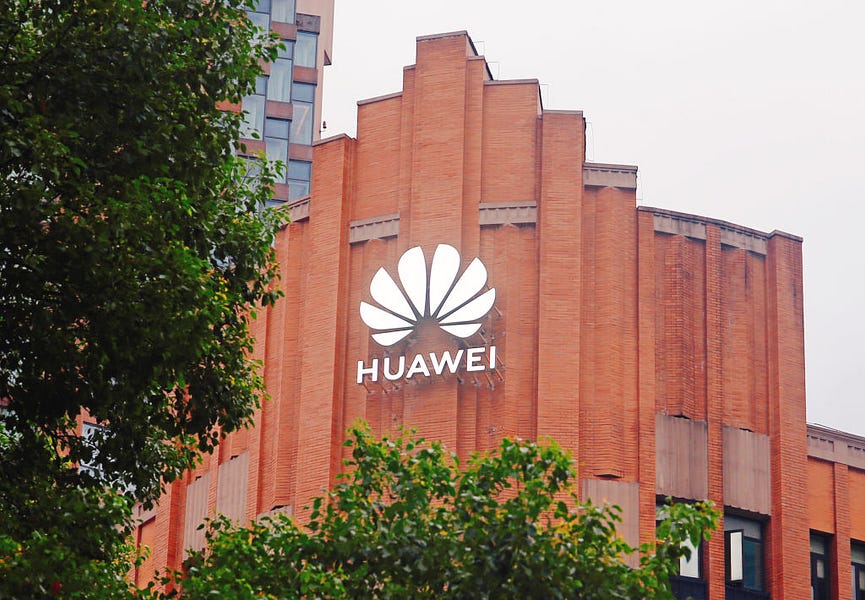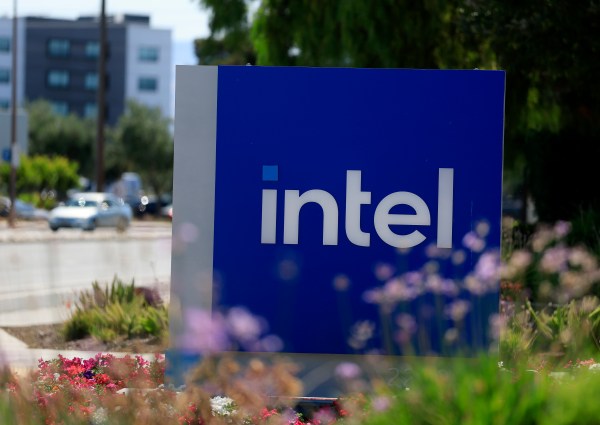The mood between Washington and Beijing is deteriorating—again. The United States and some of its allies announced a diplomatic boycott of the 2022 Beijing Winter Olympics over China’s human rights abuses. This comes just weeks after the somewhat reconciliatory virtual meeting between President Biden and Chinese President Xi Jinping and about two months after the swap of a Huawei Technologies executive detained on U.S. charges in Canada for two Canadian hostages held by China.
U.S.-China relations are volatile for a number of reasons, but policymakers in Washington should not be distracted from a very specific challenge: Beijing’s technology champions, especially telecommunications companies like Huawei, whose willingness to help surveil Chinese and foreign populations continues to come to light. The information age in which we live will only exacerbate the security threats they pose. Allied democracies should continue to put their foot down on China’s telecom heavyweights.
At the center of the fight is 5G equipment, which will power our next-generation wireless networks. Despite recent sanctions by the West, Huawei still maintains a solid lead in the global market for 5G equipment. As our day-to-day lives increasingly rely on the virtual world—from smartwatches to home assistants and Wi-Fi-enabled cars—a dominance in hardware infrastructure may open the door to the control and manipulation of the information that flows through it.
The concern is not only that the Chinese government could use its tech giants like Huawei and ZTE to spy on consumers—though it could, warned officials in the United States, Australia, and elsewhere. It’s also that aggregated information from individual consumers on the internet could mean invaluable intelligence for China and compromise the security of America and its allies.
What does a Fitbit have to do with national security? In 2018, the popular tracking app Strava released more than 3 trillion data points about its 27 million users. The data dump allowed Nathan Ruser, then a 20-year-old Australian college student, to map out a trove of classified military bases in many countries, including some top-secret U.S. facilities, because service members exercise, too. Ruser’s work helpfully notified the countries exposed, because if he was able to unearth such sensitive information, so could potential adversaries.
The power of open-source intelligence, which uses publicly available information like fitness tracking data, is often undervalued and overlooked by intelligence agencies—but not in Beijing. As a technologically sophisticated surveillance state, China has used open-source intelligence to gain a significant information edge over Western countries.
In a 2020 manuscript, U.S. scholar Christopher Balding and his collaborators outlined a case study of Shenzhen Zhenhua, a private research firm tied to the Chinese military. The company compiled a primarily open-source database collected on 2.4 million individuals and institutions around the world, including U.K. Prime Minister Boris Johnson, Australian Prime Minister Scott Morrison, the British royal family, and an Australian space technology firm. These data appeared to have been sold to and used by China’s intelligence, security, and military clients.
That’s only one database produced by one company in what appears to be a long-lasting, systematic public-private partnership in China to harvest open-source information. According to a 2013 book by security experts William Hannas, James Mulvenon, and Anna Puglisi, who conducted research for the U.S. government, Beijing’s use of open sources for industrial and military espionage goes back to the early years of the People’s Republic. A more recent study suggests these efforts have only become more sophisticated.
Skeptics of Huawei’s security threats used to point out that, despite its military ties, Huawei is a private company that doesn’t necessarily work for the Chinese government. But so is Shenzhen Zhenhua, ostensibly. Huawei executive Meng Wanzhou was held in Canada for two years on an extradition request from the United States related to fraud charges. China’s political maneuver to bring her home to a hero’s welcome should clear any remaining doubts about its telecom darling.
But bans and pressure campaigns have only gone so far. Even many U.S. allies are reluctant to fully reject Huawei because alternatives are few and expensive. The company continues to challenge bans on its 5G equipment by America and its allies while ramping up the adoption of its gear in the developing world, which means this telecom fight is far from over. It’s past time for open societies to come together and rein in security threats from China’s authoritarian government.
Weifeng Zhong is a senior research fellow with the Mercatus Center at George Mason University and a core developer of the open-source Policy Change Index project, which uses machine-learning algorithms to predict authoritarian regimes’ major policy moves by “reading” their propaganda.






Please note that we at The Dispatch hold ourselves, our work, and our commenters to a higher standard than other places on the internet. We welcome comments that foster genuine debate or discussion—including comments critical of us or our work—but responses that include ad hominem attacks on fellow Dispatch members or are intended to stoke fear and anger may be moderated.
With your membership, you only have the ability to comment on The Morning Dispatch articles. Consider upgrading to join the conversation everywhere.